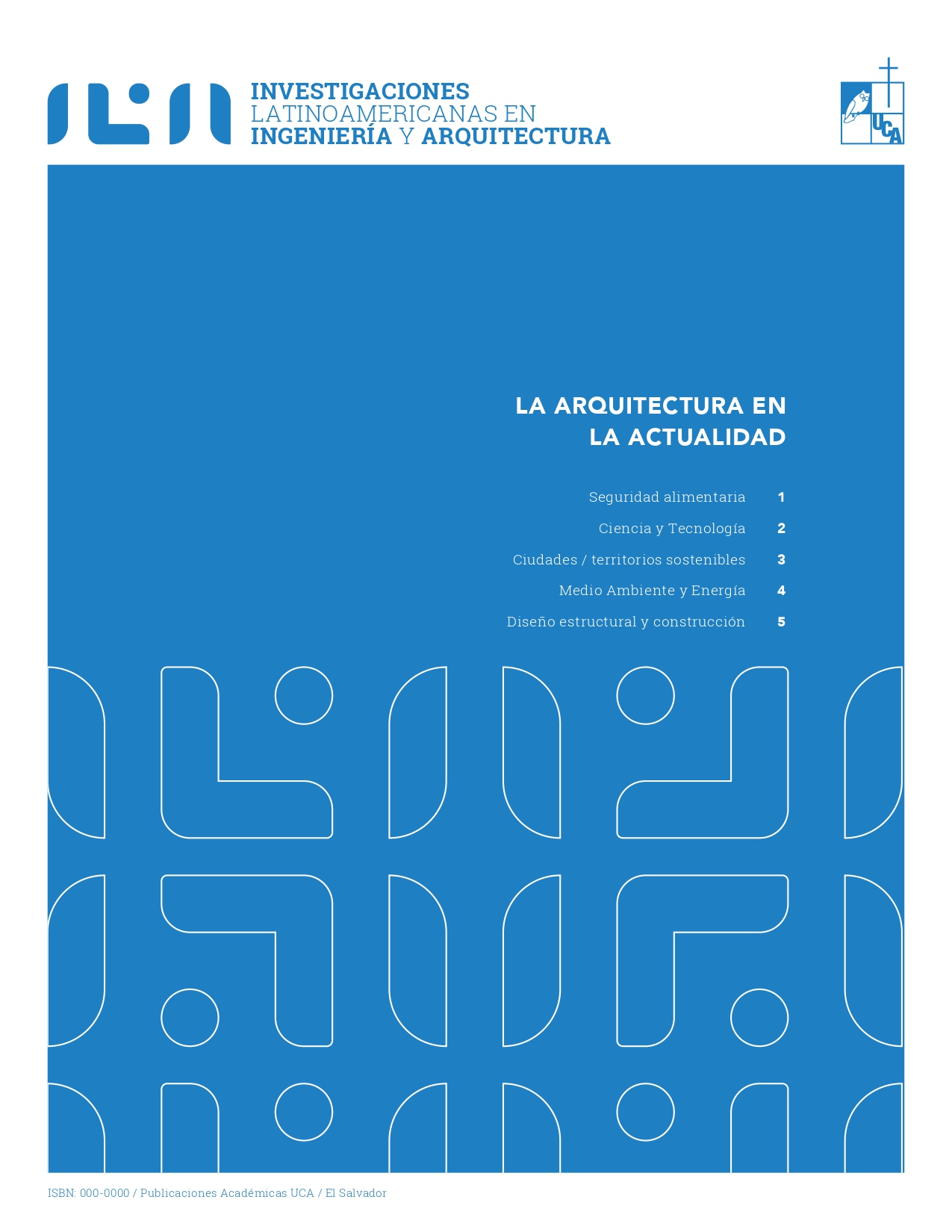Abstract
This article presents a quantitative and qualitative analysis through the application of a questionnaire whose purpose is to identify the qualifications required for positions in the Logistics and Transportation sector in the Colombian business sector, identifying the educational level for the different positions reported by the companies and presenting the salary range. Additionally, information is sought on practices in the sector associated with the control of logistics costs and an identification of the technical skills necessary to adopt logistics 4.0. Evidence is obtained that, although the National Qualifications Framework for the Logistics and Transportation sector reports necessary qualifications up to the university undergraduate level, Colombian companies already have staff at the master's level. Additionally, it is reported that the practices for cost control are improvement projects in both processes and the use of technology and optimization.
ILIA: Investigaciones Latinoamericanas en Ingeniería y Arquitectura, No. 01, 2024: 140-145.
References
Kucukaltan, B., Saatcioglu, O. Y., Irani, Z., and Tuna, O. “Gaining strategic insights into Logistics 4.0: expectations and impacts”, Production Planning & Control, 2022, 33(2-3), 211-227. Available: https://data.worldbank.org/indicator/NY.GDP.PCAP.CD
Nobrega, J. H. C., Rampasso, I. S., Sanchez-Rodrigues, V., Quelhas, O. L. G., Leal Filho, W., Serafim, M. P., and Anholon, R.” Logistics 4.0 in Brazil: Critical Analysis and Relationships with SDG 9 Targets.Sustainability”, 2021, 13(23).
Rejeb, A., Rejeb, K., Simske, S., Treiblmaier, H. and Zailani, S. “The big picture on the internet of things and the smart city: a review of hat we know and what we need to know”. Internet of Things, 2022, 19, p.100565 Available: https://en.wikipedia.org/wiki/European_Qualifications_Framework
Available: https://www.mineducacion.gov.co/1780/articles-363488_recurso_31.pdf.
Available: https://www.colombiaaprende.edu.co/sites/default/files/files_public/2021-08/cartilla-sector-logistica.pdf.
Golicic, S. L., Bobbitt, L. M., Frankel, R., and Clinton, S. R. “And who will teach them? An investigation of the logistics Phd market”, Journal of Education for Business, 2004, 80(1), 47-51.
Bourlakis, M., Sodhi, M. S., and Son, B. G., “The relative emphasis on supply-chain/logistics topics by UK industry in hiring postgraduates and by UK universities in teaching and research”, International Journal of Logistics Research and Applications, 2013,16(6), 506-521.
Oleśków-Szłapka, J., and Stachowiak, A. “The framework of logistics 4.0 maturity model. In International conference on intelligent systems in production engineering and maintenance”. (2018, September). (pp. 771-781). Springer, Cham.
Economic Development Board. “Skill for the Future: A Guide to Occupations and Skills”, 2017. Singapore Economic Development Board.
Stachowiak, A., Adamczak, M., Hadas, L., Domański, R., and Cyplik, P., “Knowledge absorption capacity as a factor for increasing logistics 4.0 maturity”, 2019. Applied Sciences, 9(24), 5365.
Sapper, S., Kohl, M., & Fottner, J., “Future competency requirements in logistics due to industry 4.0: a systematic literature review”. In 2021 10th international conference on industrial technology and management (ICITM), 2021, March, (pp. 94-105). IEEE.
PNUD, “Estrategias para el fortalecimiento del capital humano 4.0 en el Cluster de Logística y Transporte de Bogotá-región”,2021.
Rodriguez, J. P., “The distribution network of Amazon and the footprint of freight digitalization”. Journal of transport geography, 2020, 88, 102825. https://www.bloomberglinea.com/2022/04/26/how-have-latin-americas-most-valuable-listed-companies-fared-since-2012/.

This work is licensed under a Creative Commons Attribution-NonCommercial 4.0 International License.
Copyright (c) 2024 N. Rincón-García, J. Jarrin, D. Hidalgo, D. Bamford, M. Fontalvo (Autor/a)





